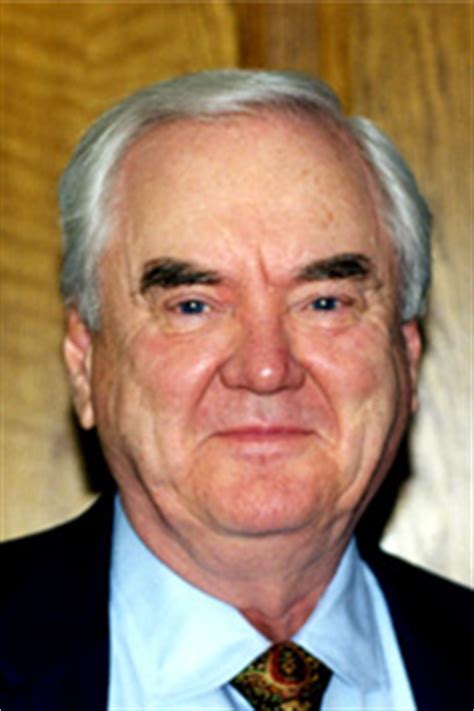A Quote by W. R. Thompson
This general tendency to eliminate, by means of unverifiable speculations, the limits of the categories nature presents to us is the inheritance of biology from The Origin of Species. To establish the continuity required by theory, historical arguments are invoked, even though historical evidence is lacking. Thus are engendered those fragile towers of hypothesis based on hypothesis, where fact and fiction intermingle in an inextricable confusion.
Related Quotes
The theory of natural selection is the centerpiece of The Origin of Species and of evolutionary theory. It is this theory that accounts for the adaptations of organisms, those innumerable features that so wonderfully equip them for survival and reproduction; it is this theory that accounts for the divergence of species from common ancestors and thus for the endless diversity of life. Natural selection is a simple concept, but it is perhaps the most important idea in biology.
There is the theory that all the living forms in the world have arisen from a single source which itself came from an inorganic form. This theory can be called the 'general theory of evolution,' and the evidence which supports this is not sufficiently strong to allow us to consider it as anything more than a working hypothesis.
It is possible to express the laws of thermodynamics in the form of independent principles , deduced by induction from the facts of observation and experiment, without reference to any hypothesis as to the occult molecular operations with which the sensible phenomena may be conceived to be connected; and that course will be followed in the body of the present treatise. But, in giving a brief historical sketch of the progress of thermodynamics, the progress of the hypothesis of thermic molecular motions cannot be wholly separated from that of the purely inductive theory.
The first objection to Darwinism is that it is only a guess and was never anything more. It is called a "hypothesis," but the word "hypothesis," though euphonious, dignified and high-sounding, is merely a scientific synonym for the old-fashioned word "guess." If Darwin had advanced his views as a guess they would not have survived for a year, but they have floated for half a century, buoyed up by the inflated word "hypothesis." When it is understood that "hypothesis" means "guess," people will inspect it more carefully before accepting it.
Mr. Darwin's hypothesis is not, so far as I am aware, inconsistent with any known biological fact; on the contrary, if admitted, the facts of Development, of Comparative Anatomy, of Geographical Distribution, and of Palaeontology, become connected together, and exhibit a meaning such as they never possessed before; and I, for one, am fully convinced that if not precisely true, that hypothesis is as near an approximation to the truth as, for example, the Copernican hypothesis was to the true theory of the planetary motions.
[Coining phrase "null hypothesis"] In relation to any experiment we may speak of this hypothesis as the "null hypothesis," and it should be noted that the null hypothesis is never proved or established, but is possibly disproved, in the course of experimentation. Every experiment may be said to exist only in order to give the facts a chance of disproving the null hypothesis.
However the machine would permit us to test the hypothesis for any special value of n. We could carry out such tests for a sequence of consecutive values n=2,3,.. up to, say, n=100. If the result of at least one test were negative, the hypothesis would prove to be false; otherwise our confidence in the hypothesis would increase, and we should feel encouraged to attempt establishing the hypothesis, instead of trying to construct a counterexample.



































